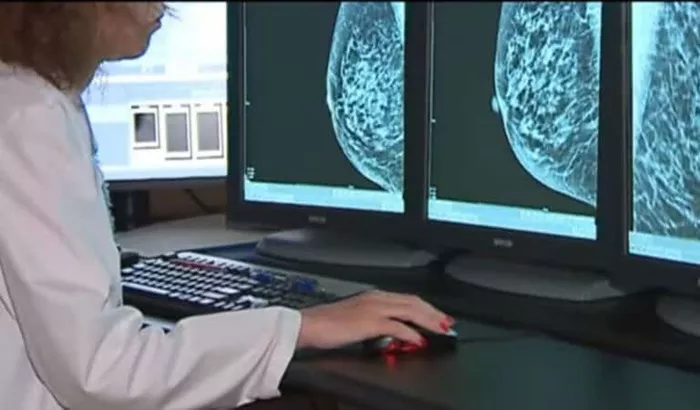A recent survey reveals that while many women are open to the use of artificial intelligence (AI) in mammography, most still want a human doctor to review the results before making any final decisions. The study, conducted among more than 1,000 women, highlights both the potential benefits of AI in breast cancer detection and the importance of keeping medical professionals involved in the process.
Around 60% of women surveyed said they would trust AI-assisted mammography if a radiologist also examined the scans. However, only 20% felt comfortable relying solely on AI without a doctor’s input. Younger women and those with prior knowledge of AI were more likely to accept the technology, suggesting that education and familiarity play a role in patient comfort levels.
Mammograms are a critical tool in detecting breast cancer early, but interpreting them requires precision. AI can help by quickly identifying suspicious areas that might be missed by the human eye, potentially improving accuracy and reducing delays in diagnosis. Still, concerns remain about false positives—instances where AI flags something as abnormal when no cancer is present—leading to unnecessary stress and follow-up tests.
Medical experts emphasize that AI should be seen as an assistant rather than a replacement for radiologists. “AI can enhance detection, but it’s not perfect,” explains Dr. Sarah Miller, a breast imaging specialist. “Women want reassurance that a trained doctor is double-checking their results, especially when it comes to something as serious as cancer.”
Hospitals and clinics are increasingly testing AI tools that highlight potential abnormalities in mammograms. Researchers say transparency is crucial—patients should understand how AI is used in their care and have the opportunity to ask questions.
The survey results suggest that while women recognize the benefits of AI in breast cancer screening, they value the expertise of human doctors. As technology advances, maintaining a balance between innovation and patient trust will be essential for widespread acceptance.
Related topics:
- Scientists Discover New Cancer Detection Method: Tracking How Cells Move Could Save Lives
- New Hope for Achondroplasia: Breakthrough Treatments Transforming Lives
- Clean Water and Sanitation Key to Stopping Cholera Outbreaks, Study Finds

